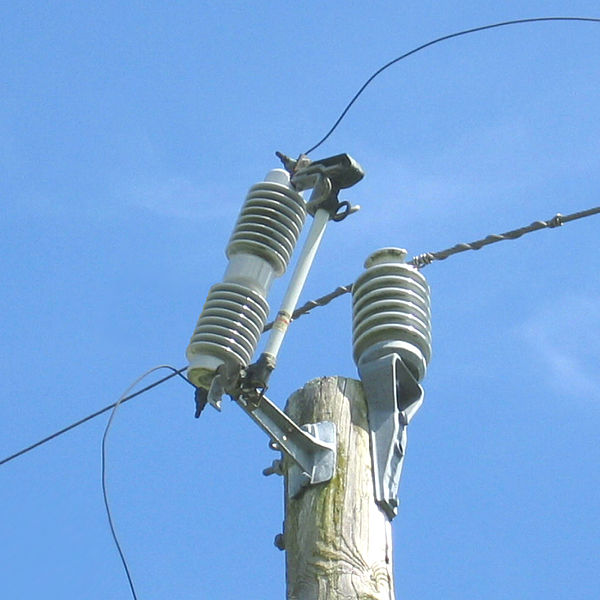Hillz got mad skillz, running her own mailserver. Who knew she was a 7337 hacX0R?
The computer server that transmitted and received Hillary Rodham Clinton’s emails — on a private account she used exclusively for official business when she was secretary of state — traced back to an Internet service registered to her family’s home in Chappaqua, New York, according to Internet records reviewed by The Associated Press.
The highly unusual practice of a Cabinet-level official physically running her own email would have given Clinton, the presumptive Democratic presidential candidate, impressive control over limiting access to her message archives. It also would distinguish Clinton’s secretive email practices as far more sophisticated than some politicians, including Mitt Romney and Sarah Palin, who were caught conducting official business using free email services operated by Microsoft Corp. and Yahoo Inc.
via Clinton ran own computer system for her official emails :: WRAL.com.
